

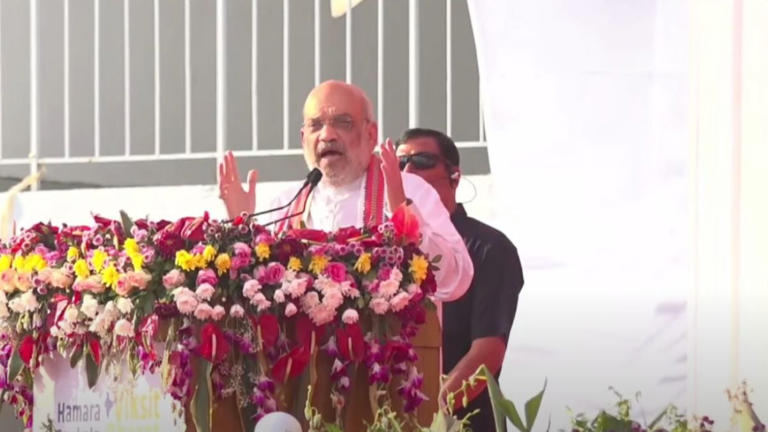
The Waqf (Amendment) Bill, which seeks to centralize government control over Waqf properties, has sparked debate and opposition from minority communities, civil society, and opposition leaders. As the Winter Session of Parliament approaches and the Joint Parliamentary Committee prepares to submit its report, all eyes are on whether TDP leader Chandrababu Naidu and JDU leader Nitish Kumar will support the government or the opposition. Amidst calls for more time for review, Union Home Minister Amit Shah has promised to pass the controversial bill, prompting further controversy and debate.
All Eyes on Indian Muslims: The Waqf (Amendment) Bill
Background
The Waqf (Amendment) Bill, introduced in the Lok Sabha in January 2020, seeks to amend the Waqf Act of 1995. The bill aims to centralize government control over Waqf properties, which are charitable trusts established under Islamic law and used for religious and educational purposes.
Opposition and Concerns
The bill has drawn widespread criticism from minority communities, civil society, and opposition leaders. They argue that it infringes upon the rights of Waqf boards to manage their properties independently and amounts to government interference in religious matters. Concerns have also been raised about the potential for political misuse of the bill to seize or alienate Waqf properties.
Parliamentary Debate
As the Winter Session of Parliament approaches, the Joint Parliamentary Committee (JPC) appointed to review the bill is expected to submit its report. The support of Telugu Desam Party (TDP) leader Chandrababu Naidu and Janata Dal United (JDU) leader Nitish Kumar is crucial for the government to push through the bill, as the opposition controls the Rajya Sabha.
Controversy and Debate
Union Home Minister Amit Shah has expressed his determination to pass the bill despite the objections. This has sparked further controversy and debate, with critics accusing the government of appeasing its Hindu nationalist base at the expense of religious minorities.
Top 5 FAQs and Answers
1. What is the purpose of the Waqf (Amendment) Bill?
To centralize government control over Waqf properties and enhance the powers of the Central Waqf Council.
2. Why is there opposition to the bill?
Concerns about government interference in religious matters, infringement on Waqf boards' autonomy, and potential for political misuse.
3. What is the role of the JPC?
To review the bill and submit recommendations to Parliament.
4. What is the status of the bill?
The JPC is expected to submit its report soon, which will be followed by debate and vote in Parliament.
5. What is the government's position on the bill?
The government is determined to pass the bill, stating that it will help prevent illegal encroachment and misuse of Waqf properties.

The Supreme Court has granted four more weeks to the Centre to respond to Balwant Singh Rajoana's petition seeking commutation of his death sentence. Rajoana, a member of the militant Sikh separatist group Babbar Khalsa, was convicted in the assassination case of Punjab CM Beant Singh in 1995. The delay in deciding his mercy petition, which has been pending before the President for 1 year and 4 months, was deemed "shocking" by his lawyer. The court has adjourned the matter, with the Centre seeking more time to verify the status of the plea.
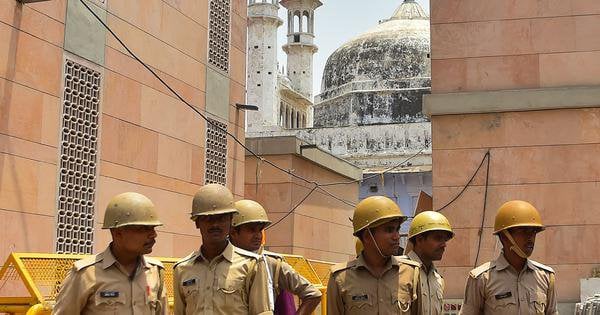
Police have filed seven FIRs in connection with the violent protests against the survey of the Shahi Jama Masjid in Sambhal, naming prominent Samajwadi Party leaders as accused. Three people were killed on Sunday, and one more person succumbed to their injuries on Monday as protesters clashed with security personnel. The district administration has imposed prohibitory orders and declared a holiday in all schools as a precautionary measure. A press conference by officials has confirmed the arrest of 25 people and efforts to identify others involved in the violence.
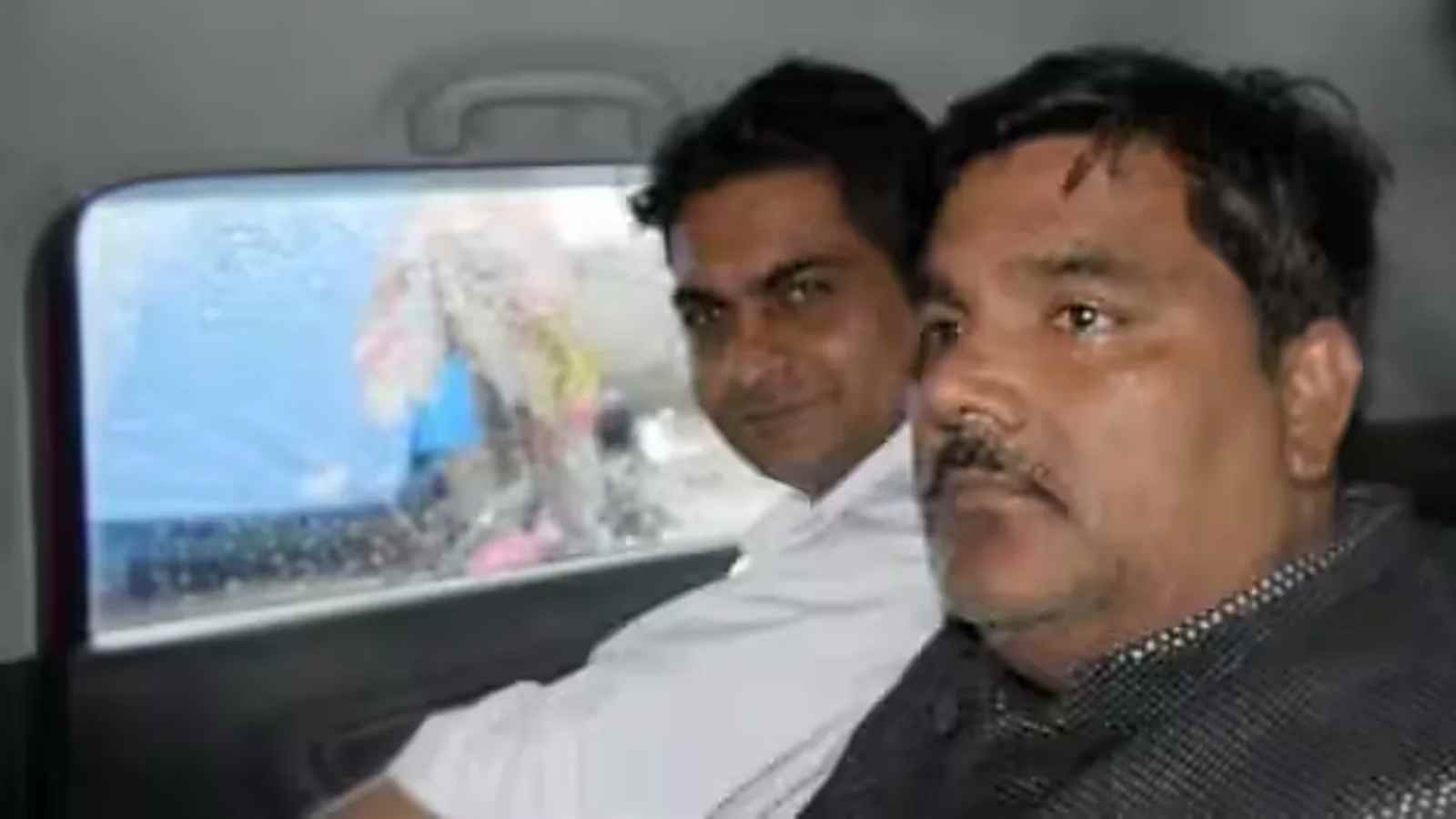
Yesterday, a Delhi court called the Special Director of Enforcement Directorate to appear in person after a counsel for the probe agency behaved offensively and disrespectfully towards the judge during a hearing for a money laundering case involving Karnataka Deputy Chief Minister DK Shivakumar. The judge felt that the agency's behavior was a threat to the court's dignity and issued a directive for appropriate action to be taken. This comes after an application was filed by an accused seeking the release of confiscated evidence. The ED, on the other hand, requested a 15-day adjournment leading the judge to record in the order about "higher-ups" exerting influence.
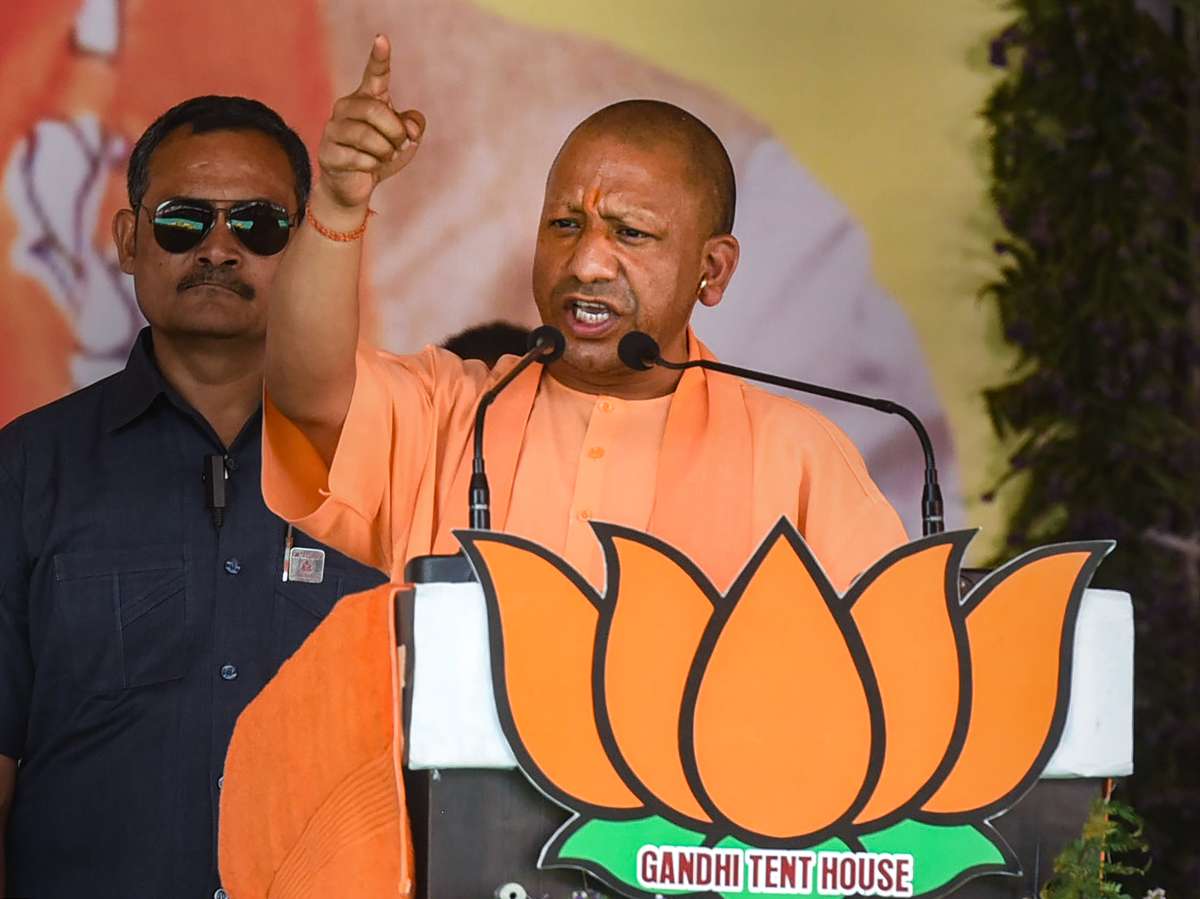
Uttar Pradesh Chief Minister Yogi Adityanath has made the decision to exempt the film 'The Sabarmati Report' from taxes in the state, joining several other BJP-ruled states in doing so. The film portrays the truth of the Sabarmati Express train burning incident in Gujarat and CM Yogi hopes more people can see it to understand the real narrative of the event. He congratulated the film's team for their efforts in exposing the truth and emphasized the need for such bold steps in exposing incidents that harm the nation and society. The screening was attended by top officials and lead actors, and the CM notably chose to sit in the last row of the multiplex during the show.
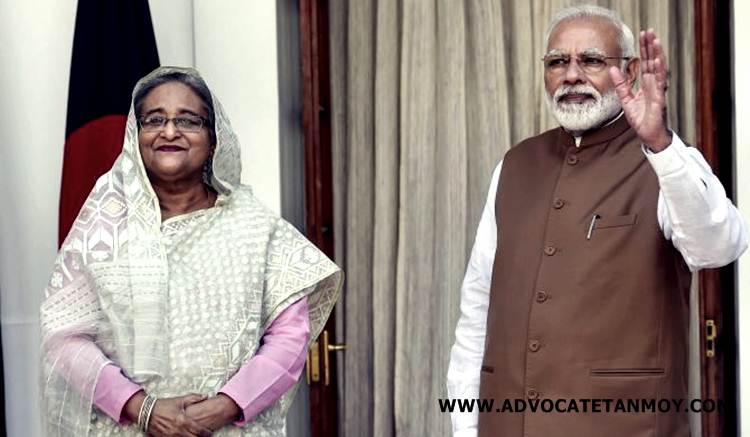
The recent announcement by Muhammad Yunus that Bangladesh's interim government will seek the extradition of former premier Sheikh Hasina from India has put the Indian government in a difficult position. With strained relations between the two countries and concerns over safety and stability, India must carefully weigh the pros and cons of complying with the request. This situation also raises questions about India's legal obligations and the potential impact on their relationship with Bangladesh's ruling parties.
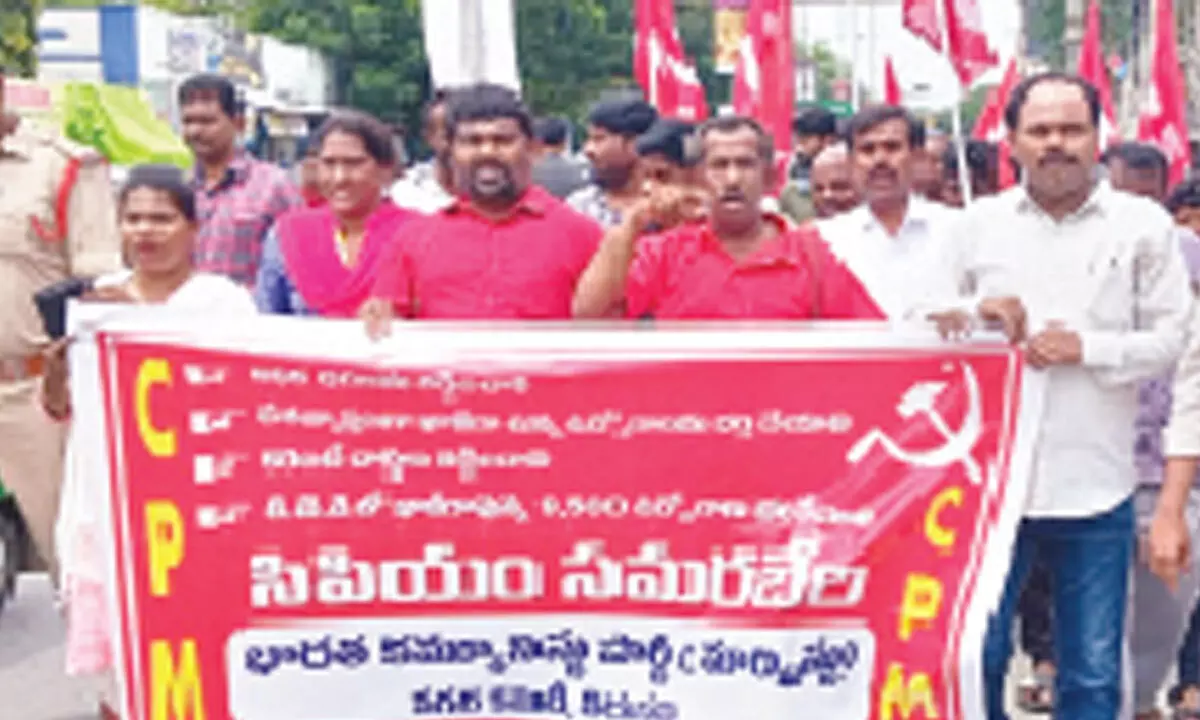
The Communist Party of India (Marxist) CPM held a public march in Tirupati on Sunday, demanding better facilities for devotees and addressing issues faced by contract workers. Party leaders highlighted their efforts to improve conditions at the Tirumala Tirupati Devasthanams (TTD), as well as the rising cost of living and unemployment in the city. They called on the TTD to allocate a budget for the city's development and played a key role in resolving grievances of forest and contract workers.

Once known only as Hemant Soren's wife, Kalpana Soren has now established herself as a key leader in Jharkhand Mukti Morcha (JMM). She played a pivotal role in the party's victory in the recent legislative assembly elections, and her potential roles in the new government are being speculated. With no prior political experience, Kalpana has become a formidable figure in Jharkhand politics, earning the admiration and support of both her family and the people.
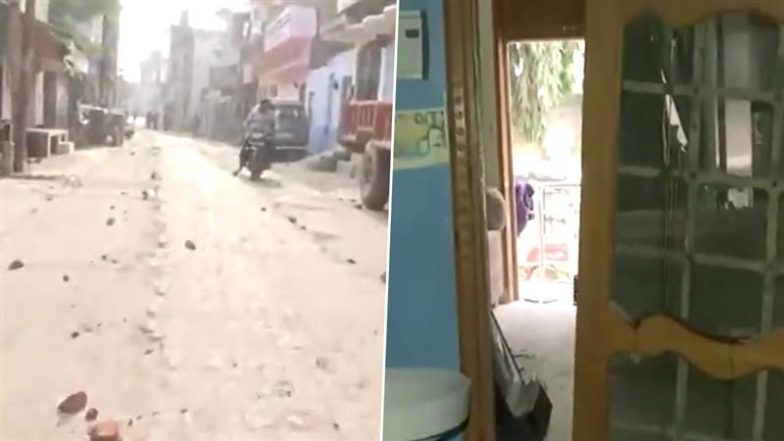
Following a violent clash in the district, the Sambhal administration has suspended internet services and closed schools as a precautionary measure. Around 20 people have been taken into custody after stone-pelting and clashes broke out during a survey of a mosque. Sambhal Superintendent of Police ensures the situation is under control and additional personnel have been deployed to maintain law and order.

Tensions have risen in Uttar Pradesh's Sambhal district as a team arrived to survey a disputed site, where a Harihar temple was claimed to stand on the grounds of the historic Shahi Jama Masjid. Videos of cars being set on fire and stone-pelting have emerged on social media, showing the chaos that ensued. Police have used tear gas to control the situation, and a local court had ordered a second survey to be conducted after a previous one was conducted last week. Samajwadi Party MP Zia Ur Rehman Barq has spoken out in defense of the mosque, citing a Supreme Court order from 1991.